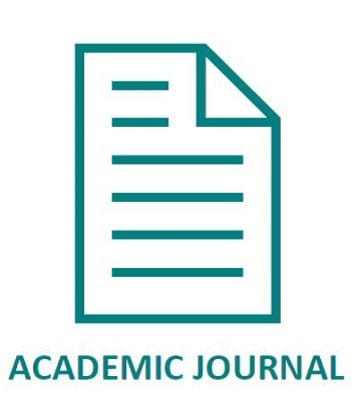Explanatory analysis of the relationship between atmospheric circulation and occurrence of flood-generating events in a coastal city
Abstract
The aim of this study is to enhance the understanding of the occurrence of flood-generating events in urban areas by analysing the relationship between large-scale atmospheric circulation and extreme precipitation events, extreme sea water level events and their simultaneous occurrence, respectively. To describe the atmospheric circulation, we used the Lamb circulation type (LCT) classification and re-grouped it into Lamb circulation classes (LCC). The daily LCCs/LCTs were connected with rare precipitation and water-level events in Aarhus, a Danish coastal city. Westerly and cyclonic LCCs (W, C, SW and NW) showed a significantly high occurrence of extreme precipitation. Similarly, for extreme water-level events westerly LCCs (W and SW) showed a significantly high occurrence. Significantly low occurrence of extreme precipitation and water-level events was obtained in easterly LCCs (NE, E and SE). For concurrent events, significantly high occurrence was obtained in LCC W. We assessed the change in LCC occurrence frequency in the future based on two regional climate models (RCMs). The projections indicate that the westerly directions in LCCs are expected to increase in the future. Consequently, simultaneous occurrence of extreme water level and precipitation events is expected to increase in the future as a result of change in LCC frequencies. The RCM projections for LCC frequencies are uncertain because the representation of current LCCs is poor; a large number of days cannot be classified and the frequencies of the days that can be classified differ from the observed time series.
Citation
Åstrøm, H. L. A., Sunyer, M., Madsen, H., Rosbjerg, D. and Arnbjerg-Nielsen, K. (2016). Explanatory analysis of the relationship between atmospheric circulation and flood generating events in a coastal city. Hydrological Processes, 30(16), pp. 2773-2788. Copyright © 2016 John Wiley & Sons, Ltd.
Note: Journal articles and conference papers (and links where available) are available under open access arrangements where possible. Otherwise please contact your institution’s library, the authors, or publishers to organise full access.
